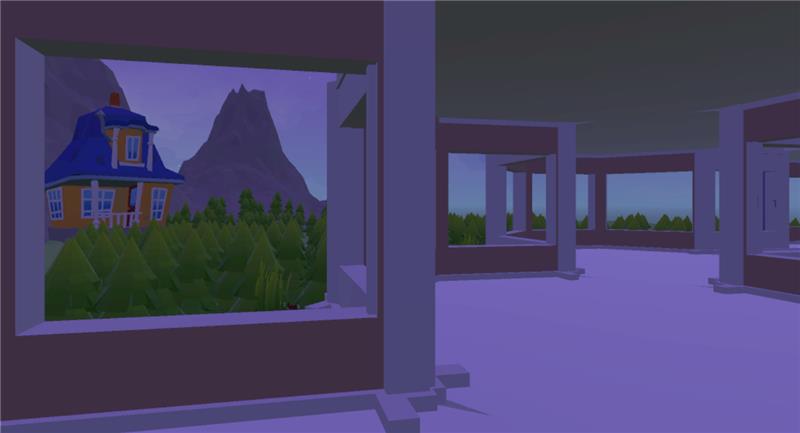Behavioural Biomarker

Background
A team of researchers from UBC School of Biomedical Engineering is conducting research on cognitive degradation in individuals with Alzheimer’s disease. Due to Alzheimer’s and other dementias, brain regions encoding our sense of place are highly affected during neurodegenerative decline. A virtual reality (VR) apparatus will offer a unique opportunity to test and develop a sensitive behavioral biomarker for cognitive impairments in affected individuals.
Objective
While memory-based tasks are used to measure cognitive performance, navigational abilities are seldom utilized. Researchers’ current VR tool allows participants to navigate generated pathways and track their start location as well as selected distal landmarks. At the end of each trial, error metrics in participants’ localization will be collected to identify where performance becomes unreliable. The project aims to optimize the usability and accessibility of the current VR solution by enhancing visual and audio elements of the VR navigation task, as well as improving the user experience for general users, especially the older-adult population.
Impact
Through this project, the Emerging Media Lab was able to collaborate with The Neural Circuits for Computation, Cognition, and Control (NC4) Laboratory to develop an innovative approach to assessing cognitive decline. For future reference, it is recommended that this program be further tested on the user group (the older-adult population) to explore the impacts of this Virtual Reality program.
The Team
Principal Investigators
- Dr. Manu Madhav, Assistant Professor, School of Biomedical Engineering, Faculty of Applied Science
- Dr. Thalia Field, Associate Professor, Division of Neurology, Department of Medicine
Subject Matter Expert
- Isaac Morgan, Lab Manager, NC4
Staff Team
- Mohsen Movahedi, Contract Developer (January 2024 – April 2024)
Student Team
- Mariane Olivan, Project Lead, UX/UI Designer (September 2023 – April 2024)
- Eric Leung, Developer (September 2023 – April 2024)


